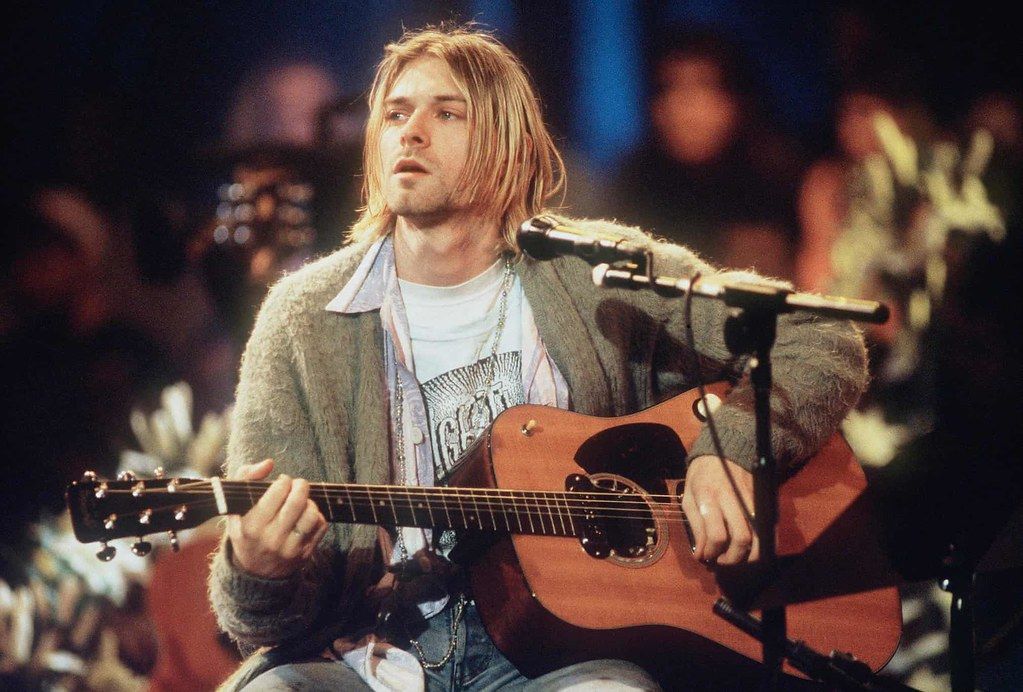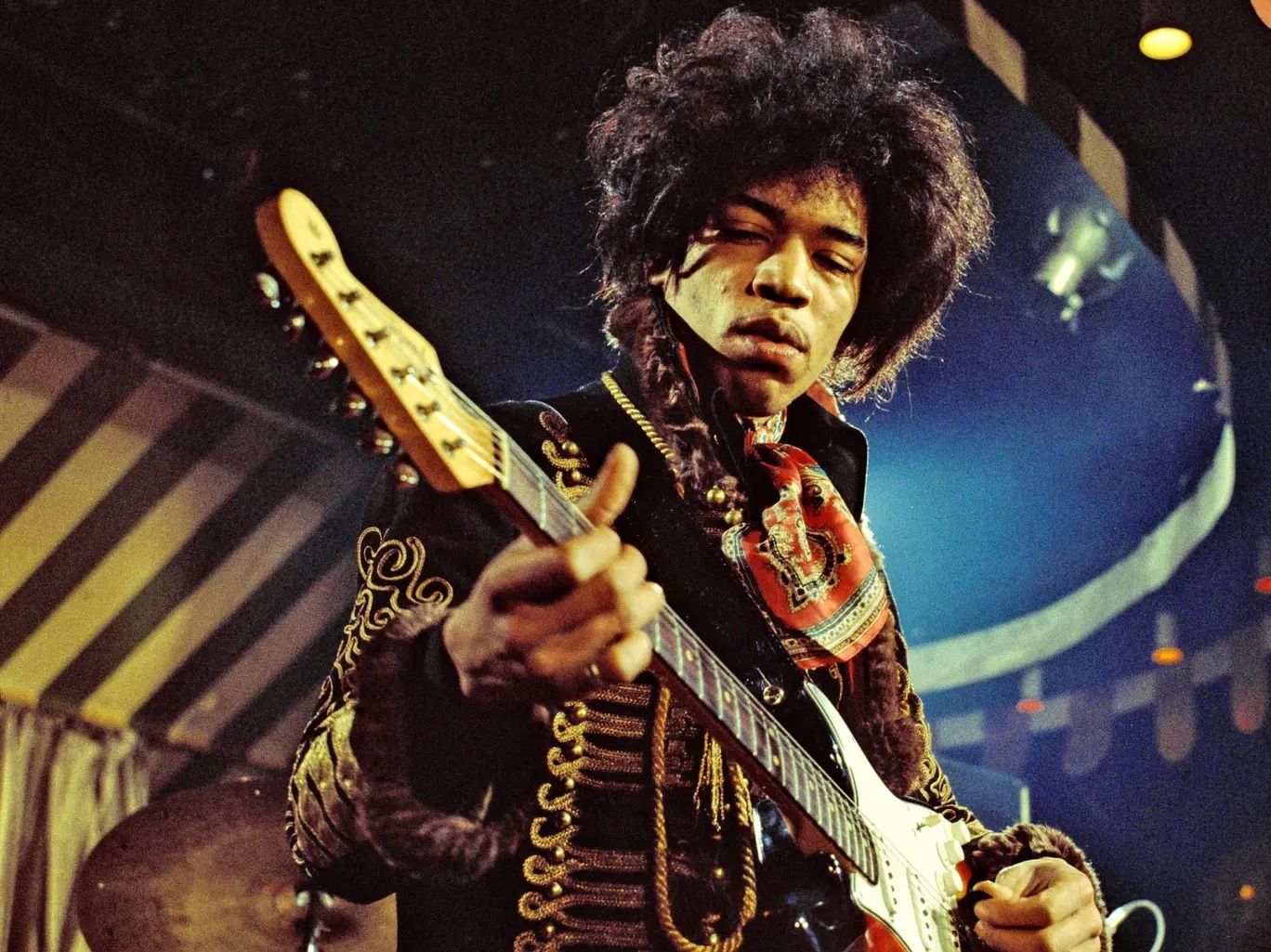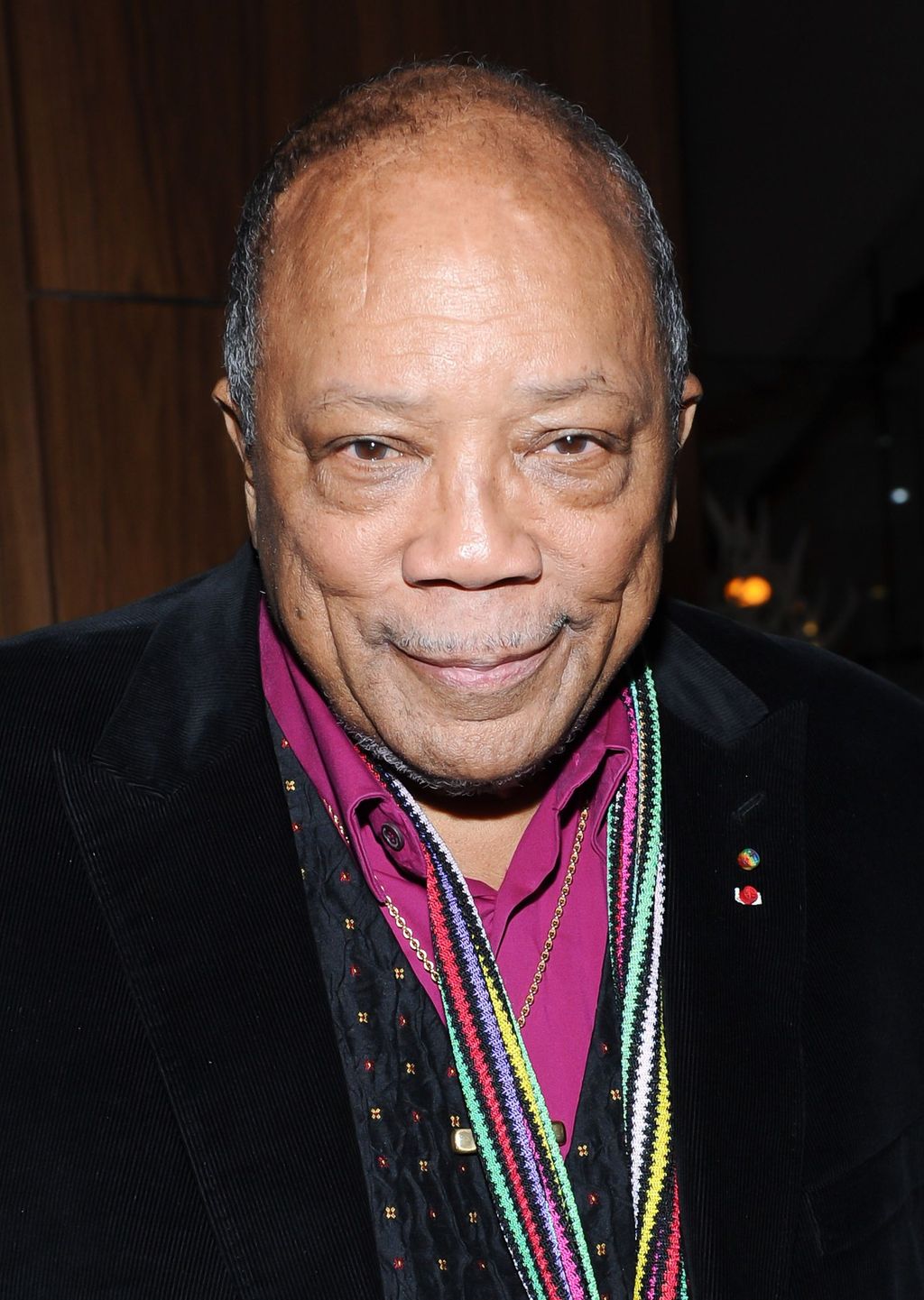
What does it truly take to become a legend? This is about artists who transcend merely performing music; they embody it, breaking barriers and leaving a lasting impact on culture. This is not about failure in the negative sense but about surpassing expectations so completely that they revolutionized the music world and established new benchmarks for what it means to be an icon.
These individuals are not only musicians but visionaries and innovators who reshaped genres, captivated millions, and created a legacy that continues to inspire. From pop artists who reinvented their sound to rock legends whose performances were so powerful they redefined live music experiences, their careers demonstrate relentless creativity and remarkable showmanship. Their contributions ignited cultural shifts and inspired countless others.
Prepare to explore the extraordinary journeys of some of the most influential figures in music history. These artists challenged conventional stage norms and proved that pushing creative boundaries leads to lasting fame. Their immense talent and profound influence continue to resonate across generations.

1. **Taylor Swift**: Taylor Swift, a highly influential American singer-songwriter, has continuously redefined the concept of a pop icon through her autobiographical songwriting and bold artistic transformations. Launching her career with Big Machine Records in 2005, she transitioned seamlessly from country pop to rock, electronic, and synth-pop genres, consistently evolving her sound. This fearless exploration challenged traditional genre boundaries and demonstrated that artists need not be confined to a single style.
In 2018, Swift joined Republic Records and expanded her musical repertoire with electropop and indie folk influences in subsequent albums. Her ability to reinvent herself while maintaining an authentic connection with her audience represents a revolutionary approach in the music industry. These creative shifts have not only marked stylistic changes but have also significantly influenced the broader musical landscape.
With record-breaking sales, numerous awards, and historic achievements, Swift has secured multiple number-one singles and established herself as one of the best-selling artists worldwide. Her innovative strategies and unwavering dedication have surpassed previous industry benchmarks, setting new standards for success in the contemporary music era.

2. **Elton John**: Sir Elton Hercules John, a renowned British singer, songwriter, and pianist, rose to prominence in the 1970s with his distinctive musical style and captivating performances. Collaborating with lyricist Bernie Taupin, he formed a highly successful songwriting partnership responsible for numerous hits that have secured their place in music history. His vibrant stage presence and exceptional talent redefined live performance, eliminating any notion of dullness.
John’s extensive discography spans chart-topping albums and singles throughout the 1970s, 1980s, and 1990s, earning both critical acclaim and commercial success. His unique fusion of pop, rock, and theatrical elements transformed each concert into a memorable event, captivating audiences and demonstrating how charisma can elevate any venue. His performances were not merely musical presentations but immersive experiences.
Beyond his remarkable solo career, John has distinguished himself as a composer for musical films and theater, showcasing vast versatility. He is also widely respected for his philanthropic contributions to HIV/AIDS charities and has received numerous prestigious awards recognizing both his artistic and charitable achievements. His influence transcends the stage, reshaping expectations of celebrity impact.

3. **Kurt Cobain**: Kurt Cobain, lead vocalist, guitarist, and principal songwriter of the influential grunge band Nirvana, expanded the thematic scope of mainstream rock music in unprecedented ways. Through his emotionally charged songwriting and powerful anti-establishment persona, he captured raw, unfiltered feelings that deeply resonated with a generation. His unvarnished honesty and fierce individuality disrupted the polished image typical of commercial rock.
Together with bandmates Krist Novoselic and Dave Grohl, Cobain achieved remarkable commercial success with iconic tracks such as “Smells Like Teen Spirit” and “Come as You Are.” These songs became anthems not only because of their memorable melodies but also for articulating a widespread sense of disillusionment and rebellion. Cobain’s ability to express such angst within a mainstream format was groundbreaking.
Although he expressed discomfort with being regarded as the voice of his generation, Cobain’s influence on alternative rock music remains profound. He earned numerous posthumous honors, and his legacy demonstrates that authenticity and a challenge to conventional norms can redefine rock stardom, generating a cultural impact that continues to inspire artists today.

4. **Ozzy Osbourne**: Ozzy Osbourne, the legendary English musician, is renowned for his pioneering role as the lead vocalist of the heavy metal band Black Sabbath. As a founding member, he contributed to several critically acclaimed albums that helped establish the heavy metal genre. His dark, theatrical performances and distinctive voice redefined the sound and presentation of rock music, fundamentally challenging existing conventions.
Following his departure from Black Sabbath, Osbourne achieved remarkable success as a solo artist, releasing multiple platinum-certified albums that solidified his reputation as a solo force. His resilience and continuous innovation within the heavy metal genre demonstrated how a unique stage presence can shape an entire subculture. Known as the Prince of Darkness, his influence eclipsed many of his contemporaries.
Osbourne has reunited with Black Sabbath on several occasions and received numerous honors, including inductions into the Rock and Roll Hall of Fame. He also made a notable impact on television by starring in reality shows that revealed his larger-than-life personality to a broad audience. His enduring influence and ability to both shock and entertain have transformed the traditional celebrity mold, proving that authenticity remains a powerful career asset.

5. **Jimi Hendrix**: Jimi Hendrix, the iconic American guitarist, songwriter, and singer, is widely regarded as one of the most influential musicians of the 20th century. Rising to fame with his band, the Jimi Hendrix Experience, he achieved chart success with hits such as “Hey Joe” and “Purple Haze.” His extraordinary virtuosity and revolutionary approach to the guitar fundamentally transformed the essence of rock music.
Hendrix is renowned for his pioneering guitar techniques and innovative use of effects, including fuzz distortion and wah-wah pedals. He elevated the guitar to new expressive heights, making it sing, scream, and weep in ways previously unimaginable. His live performances pushed sonic boundaries to their limits, creating an electrifying atmosphere that redefined audience perceptions of sound.
His headline performances at major festivals, including Woodstock, featured unforgettable moments such as his rendition of “The Star-Spangled Banner,” which became a defining cultural event. Although his career was tragically brief, Hendrix’s legacy endures as a groundbreaking and transformative figure whose influence continues to resonate among guitarists and music enthusiasts alike.

6. **Phil Collins**: Phil Collins is a distinguished English musician, singer, songwriter, record producer, and actor known for his exceptional versatility. He initially gained recognition as the drummer and later the lead vocalist of the rock band Genesis before embarking on a highly successful solo career. His ability to excel in multiple demanding roles while maintaining a distinctive sound challenged the notion that an artist must confine themselves to a single path.
Renowned for his unique voice and a series of hit singles, Collins achieved widespread acclaim throughout the 1980s, becoming one of the most recognizable figures in pop and rock music. His innovative drumming style and powerful vocal delivery combined to create a sound that was both groundbreaking and broadly appealing. Rather than merely performing, he crafted anthems that resonated globally, consistently dominating the charts.
Collins has received numerous prestigious awards, including Grammy and Brit Awards, and is recognized as one of the world’s best-selling artists. His significant contributions to music and entertainment span several decades, demonstrating that sustained creativity and exceptional talent can withstand the test of time, securing his legacy as an enduring figure in the industry.

7. **Eric Clapton**: Eric Clapton, the legendary English rock and blues guitarist, singer, and songwriter, has long been regarded as one of the most influential guitarists in music history. Recognized by publications such as Rolling Stone and Gibson, Clapton rose to prominence through his work with pioneering bands including Cream and Blind Faith, before achieving remarkable success as a solo artist. His exceptional ability to fuse blues traditions with the intensity of rock music transformed prevailing ideas of what a guitarist could accomplish.
Clapton’s transition from collaborative supergroups to an enduring solo career exemplifies sustained artistic excellence. With iconic tracks such as “Tears in Heaven” and “Change the World,” he created music that resonated on a deeply emotional level. His career trajectory demonstrated that reinvention and relevance can span decades, challenging the assumption that musical success must be fleeting.
In addition to his musical achievements, Clapton has received 18 Grammy Awards and is widely recognized for his philanthropic efforts, particularly in supporting recovery initiatives for individuals facing substance abuse. His influence extends beyond performance, illustrating that a true artist not only redefines musical boundaries but also contributes meaningfully to society.

8. **Ringo Starr**: Ringo Starr, the renowned English musician, songwriter, and actor, is best known as the drummer for the Beatles, widely considered the most influential band in music history. However, describing him as merely a drummer understates his contribution. Starr occasionally provided lead vocals on notable tracks such as “Yellow Submarine” and contributed original songs to the band’s catalog, challenging the conventional view of the drummer as a background figure. His presence was a vital component of the Beatles’ collective identity.
Starr’s drumming style, often characterized as understated yet highly effective, played a key role in shaping the band’s distinctive sound. With his steady groove, inventive fills, and intuitive sense of rhythm, he demonstrated that musical impact does not always require technical complexity. His approach redefined expectations of drumming in popular music, emphasizing feel and musicality over virtuosity.
Following his time with the Beatles, Starr sustained a diverse and successful solo career that included hit recordings, film roles, television hosting, and narration for children’s programs. His enduring influence and adaptability reflect a career that transcended the typical post-band decline. Inductions into both the Rock and Roll Hall of Fame and the Modern Drummer Hall of Fame underscore his significance as a pioneering figure whose contributions continue to resonate across generations.

9. **Dave Grohl**: Dave Grohl, an acclaimed American musician, first gained recognition as the dynamic drummer for the influential grunge band Nirvana. Rather than remaining defined by that role, Grohl forged a new creative path by founding his own band, Foo Fighters, where he serves as lead vocalist, guitarist, and principal songwriter. This remarkable transition challenged traditional expectations about artistic identity and proved that reinvention can be a powerful force in a musician’s career.
Grohl’s extensive involvement in the music industry extends well beyond Foo Fighters. He has collaborated with numerous artists and groups, including Them Crooked Vultures, Queens of the Stone Age, and Tenacious D. His continuous exploration of diverse musical styles exemplifies an enduring commitment to innovation and artistic growth. By refusing to be confined to a single band or role, Grohl has reshaped perceptions of creative longevity in popular music.
In addition to his musical pursuits, Grohl has directed several music videos and documentaries, further expanding his creative influence. His evolution from drummer to frontman to filmmaker reflects a rare adaptability and depth of vision. Dave Grohl’s career represents a redefinition of modern musicianship, illustrating how versatility, curiosity, and innovation can transcend conventional limitations.

10. **Quincy Jones**: Quincy Jones stands as a monumental figure in the global music industry, with a career spanning an extraordinary seventy years. As a musician, record producer, composer, and arranger, his achievements have transcended genre, geography, and era. His prolific contributions and unmatched versatility have fundamentally redefined the boundaries of what a single artist can accomplish.
Jones has received 28 Grammy Awards from 80 nominations, including the Grammy Legend Award in 1992, placing him among the most decorated artists in history. He began in the 1950s as a jazz arranger and conductor, eventually expanding his influence into pop music and cinematic scores. His work shaped some of the most recognizable sounds in modern culture, making him a cornerstone of multiple musical movements.
He collaborated with iconic artists such as Frank Sinatra and Michael Jackson, producing groundbreaking albums like Thriller, one of the best-selling records of all time. Beyond his creative output, Jones has been a tireless advocate for humanitarian causes, demonstrating that artistic excellence can be coupled with social impact. His career represents not only artistic mastery but also moral leadership in the entertainment world.
From classical composers who transformed harmonic language to contemporary visionaries who redefined stage performance, these individuals challenged the norms and forged enduring legacies. They did not merely succeed; they reimagined the very definition of success. Their influence continues to shape the future of music, affirming that bold artistic reinvention remains a timeless force.



